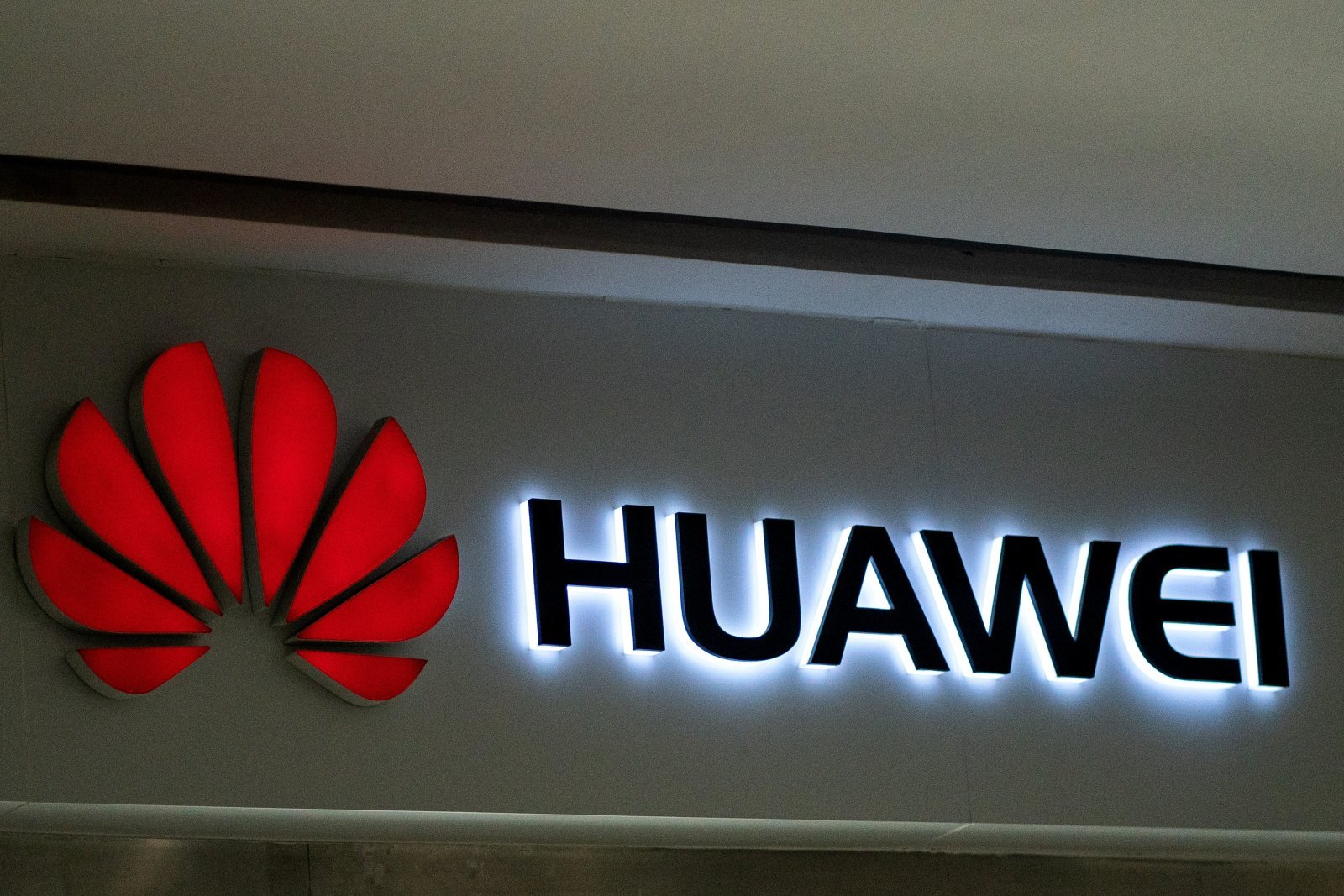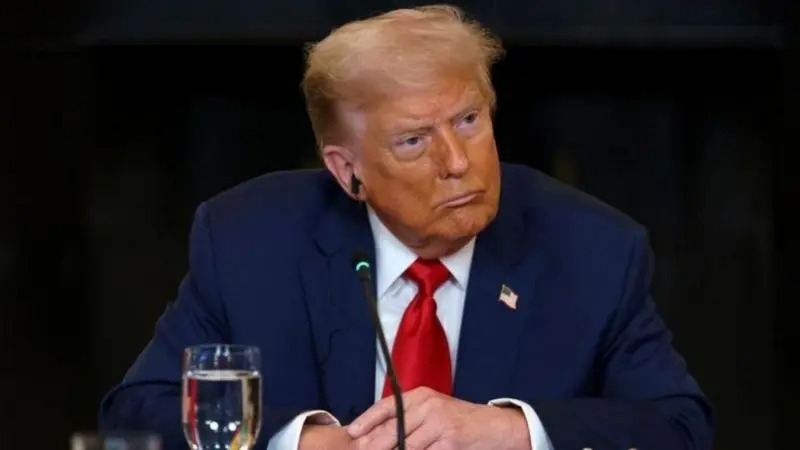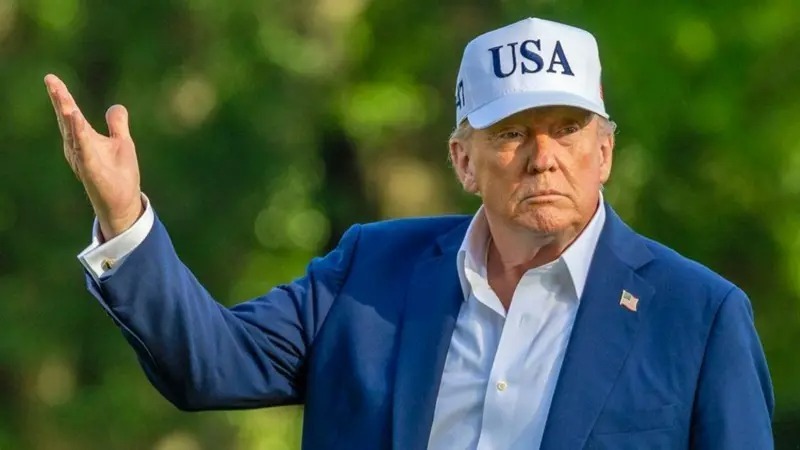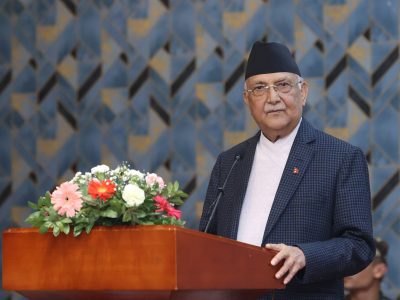Nokia bags 5G contract in Belgium: Huawei being pushed away from EU deals

Image Credit: FRED DUFOUR/AFP/Getty Images
Kathmandu. Wariness has always been the way of most when dealing with Huawei and engaging with China on the economic front. It was on October 2012, however, when the US congressional panel issued a warning that the company could be a threat to the national security of the state that a lot of conjecture arose around the issue. Several investigations that were initiated in the US and the European Union (EU) denoted the same unease of China spying and collecting vital security information through the firm.
The past few weeks saw a flurry of activity in the EU as Huawei became a central point of consternation. Several states have since been considering fazing out the use of technology provided by the company. Some of those countries have mulled over the eventual ban that it could place on Huawei and other tech companies that may be under the influence of China’s government. In Germany, Angela Merkel’s government has been in the process of drafting a critical IT security legislation, which will be passed next month. Major political parties have been raising concerns over Beijing’s telecommunications giant Huawei, and have been siding with the US, advocating to ban its operations through the cybersecurity law, in contrast to the state’s industrial companies who are dependent on the Chinese economy.
On the other hand there has been a significant pressure on the British Prime Minister, Boris Johnson from the Parliament to remove Huawei equipments from the nation, citing from a report published on Thursday that there was a “security threat” that stemmed from the company’s presence. It has led to the belief that the United Kingdom may impose a “Huawei ban” sooner rather than later. This has resulted in several European countries to follow suit as they express apprehension on Huawei’s operations. In September, Japan and India also tied-up for developing 5G technology, subtly sidelining the Chinese companies.
Now, Belgium’s two leading telecom companies have decided to forgo Huawei services completely and hand over the 5G deals to Nokia. Proxima and Orange Belgium are going to be giving 5G contracts to Nokia, along with Ericsson, a Swedish multinational that will provide equipments for the 5G infrastructure of the two firms. Belgium, that hosts the NATO (North-Atlantic Treaty Organization), has been of significance for US intelligence. The US undersecretary at the State Department for Economic growth, Energy and the Environment, Keith Krach, commented that, “This is the latest example of evaporating Huawei deals and further confirmation of this worldwide momentum towards trusted vendors.”
A Chinese spokesperson from its foreign ministry, Hua Chunying, on the other hand witnessing the developments in the UK claimed that this move was “a significant risk to individuals and government,” and that the company was not in any way under the Chinese government. She further mentioned that, “The openness and fairness of the UK market, as well as the security of foreign investments there, is highly concerning.” Beijing has been actively trying to gain a stable ground in Europe to ensure that its tech companies receive access into the flourishing markets within the region.
The West and its allies have been trying to stress upon the risks of allowing companies to tie-up with Huawei and other similar Chinese multinationals. Beijing, on the other hand, has been growing impatient and has been repeatedly insisting that there was no government intervention in the functioning of such companies. Considering that China yet remains a major trading partner of both the US and the EU, the threat of its retaliation has also grown to be a possibility.
Facebook Comment
latest Video
Trending News
- This Week
- This Month

















